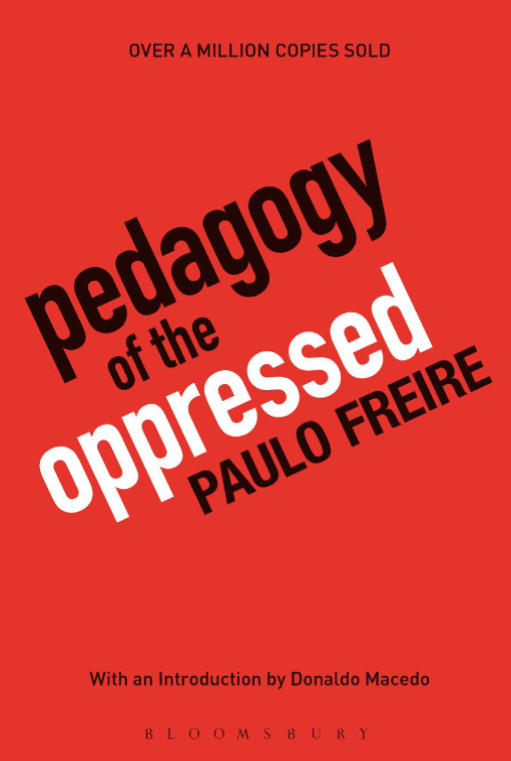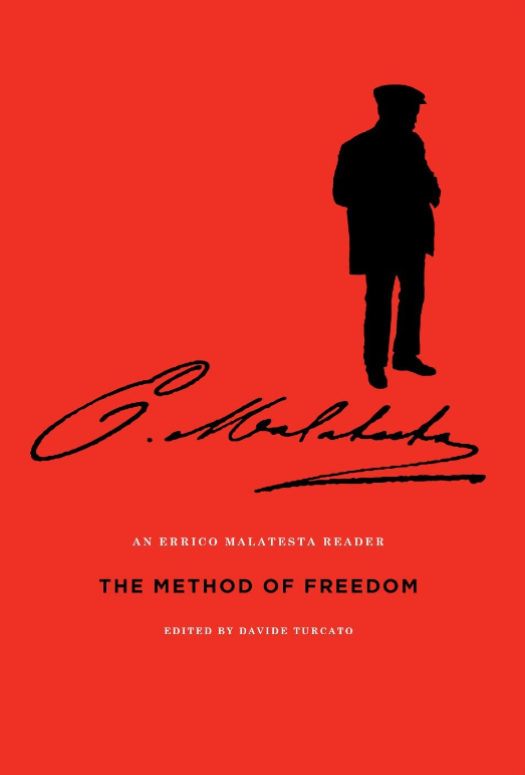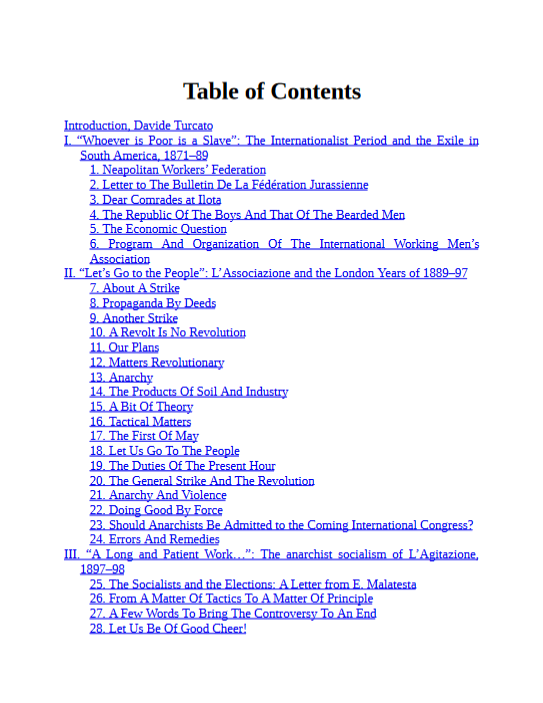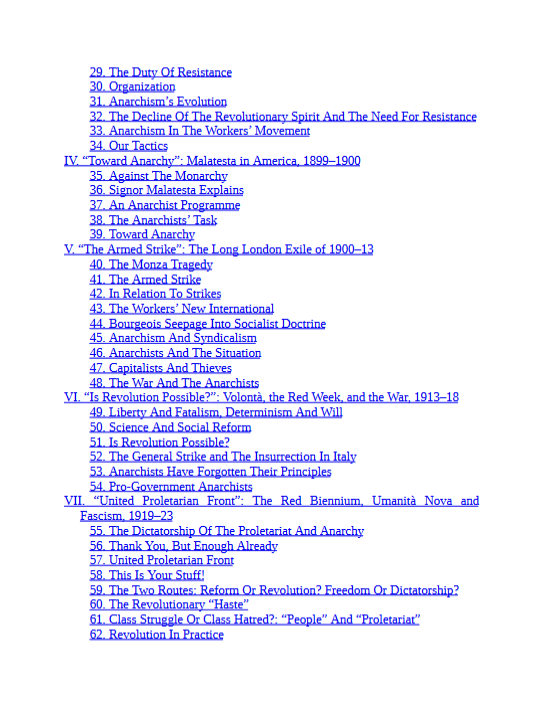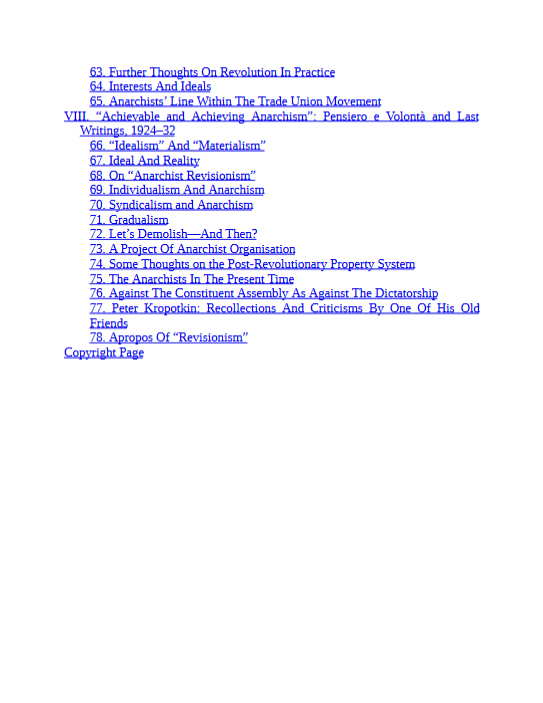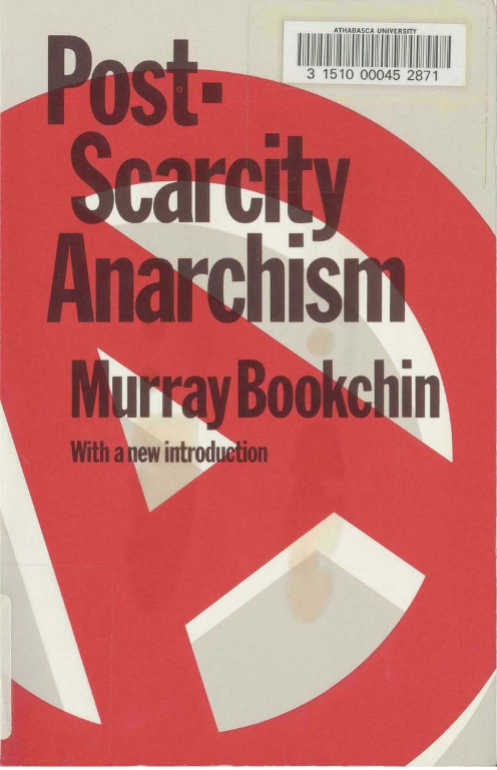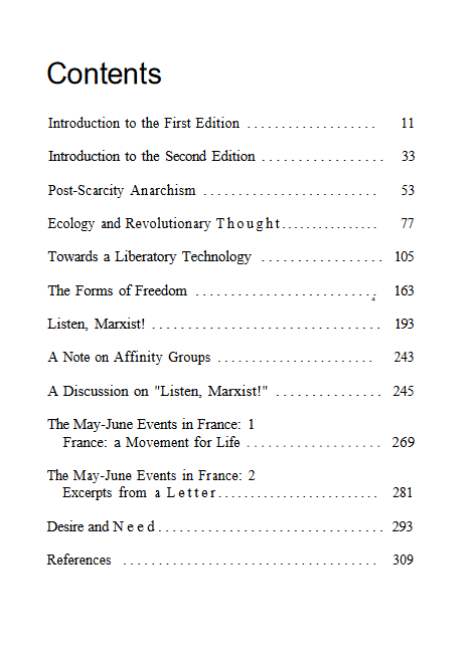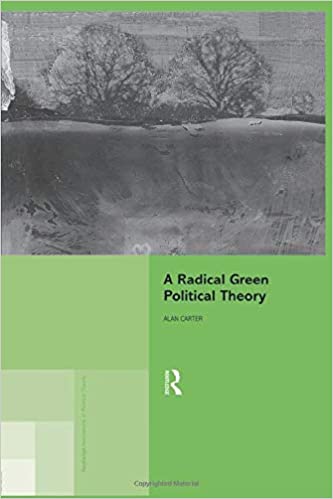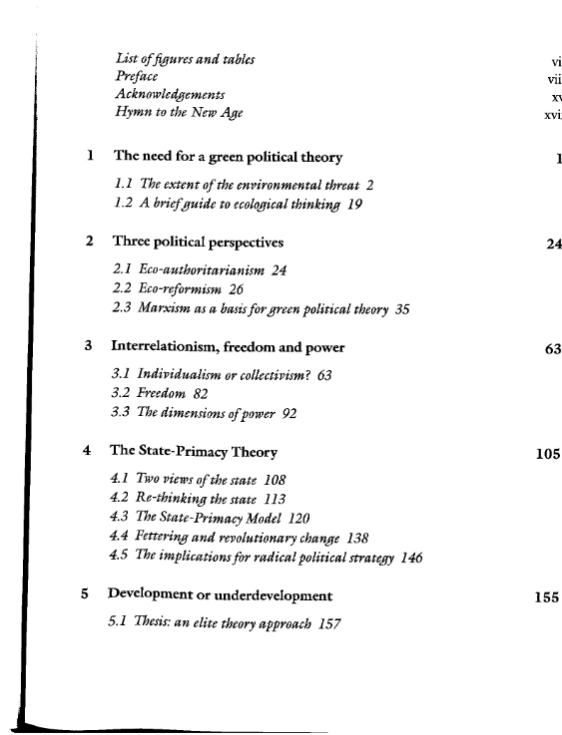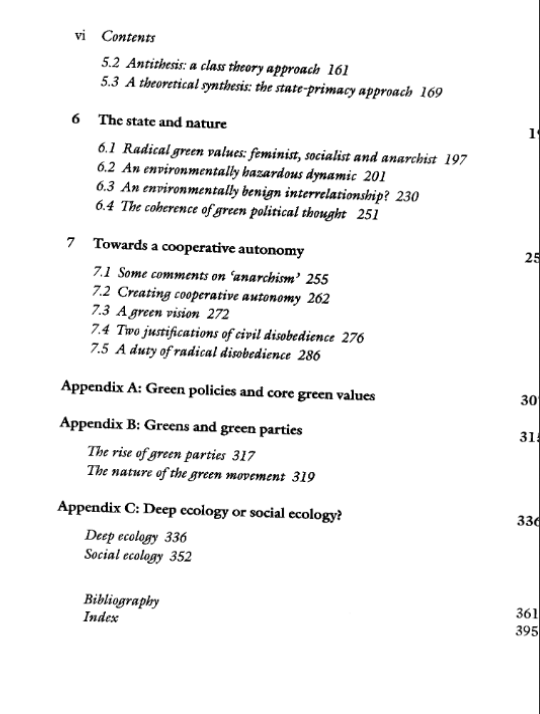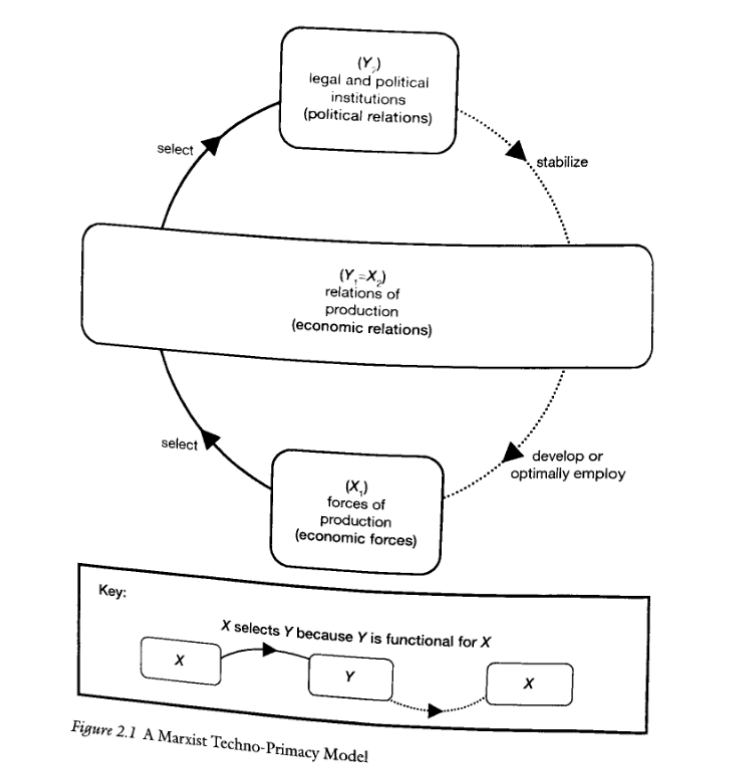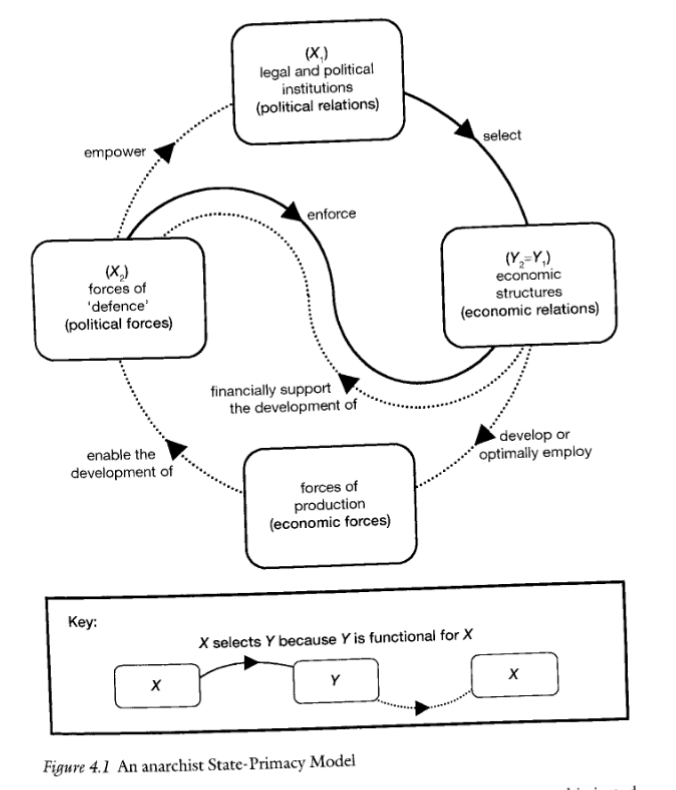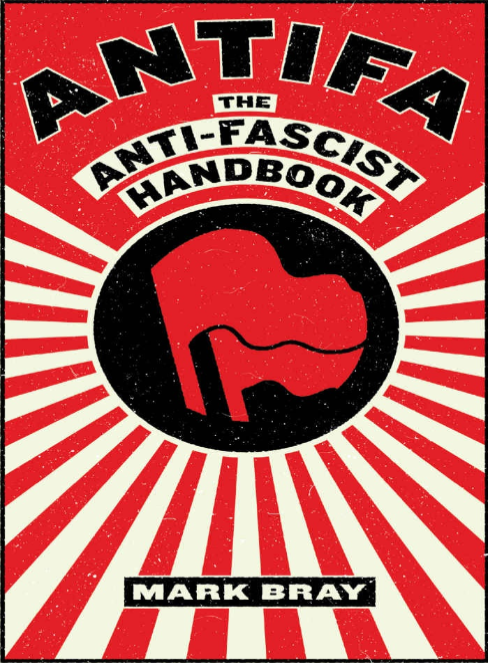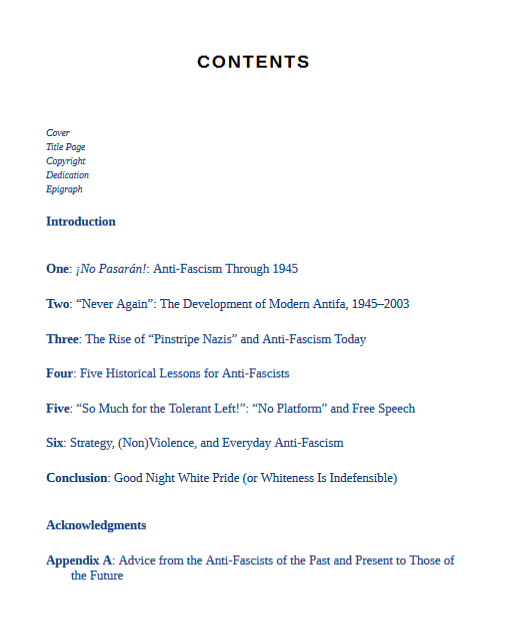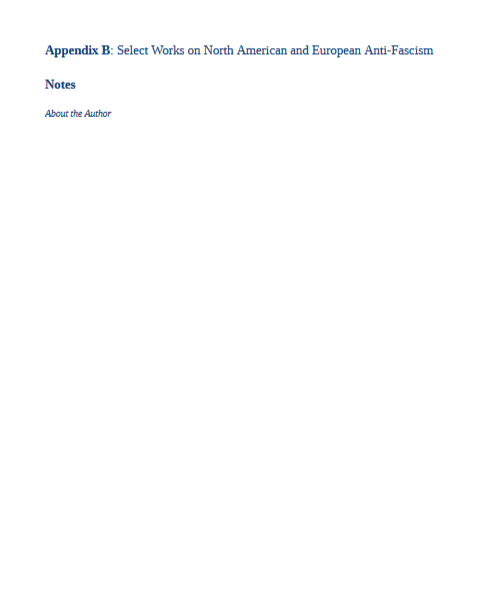Author(s)
Contents
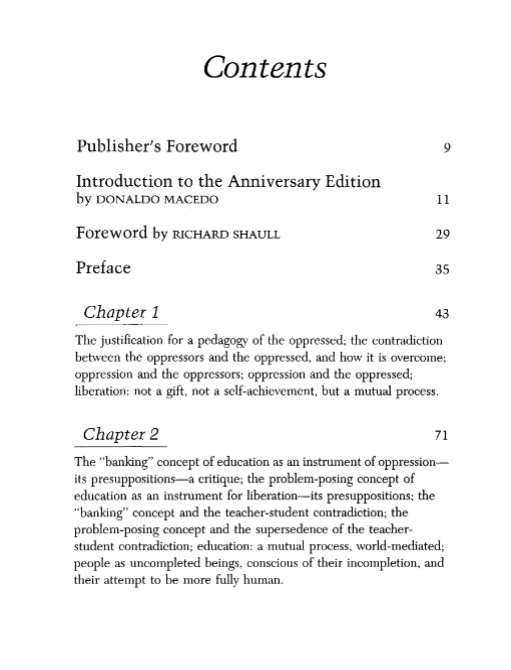
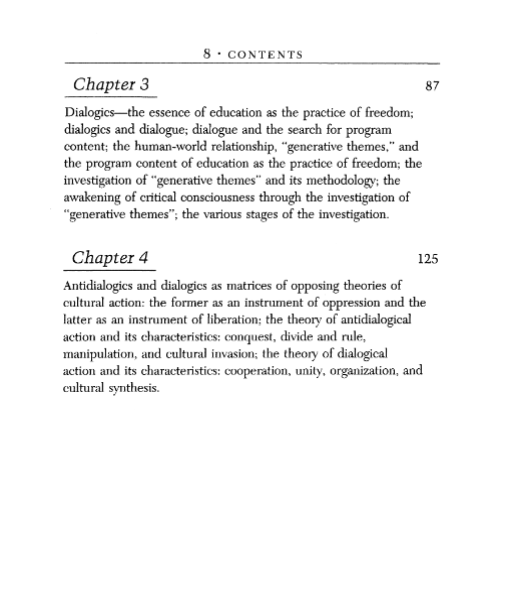
“The radical, committed to human liberation, does not become the prisoner of a ‘circle of certainty’ within which reality is also imprisoned. On the contrary, the more radical the person is, the more fully he or she enters into reality so that, knowing it better, he or she can better transform it. This individual is not afraid to confront, to listen, to see the world unveiled. This person is not afraid to meet the people or to enter into dialogue with them. This person does not consider himself or herself the proprietor of history or of all people, or the liberator of the oppressed; but he or she does commit himself or herself, within history, to fight at their side.
Paulo Freire
The pedagogy of the oppressed, the introductory outlines of which are presented in the following pages, is a task for radicals; it cannot be carried out by sectarians. […]
From these pages I hope at least the following will endure: my trust in the people, and my faith in men and women, and in the creation of a world in which it will be easier to love.”
Leave a comment below with a valid email adress (it will not be published) to request this book.
